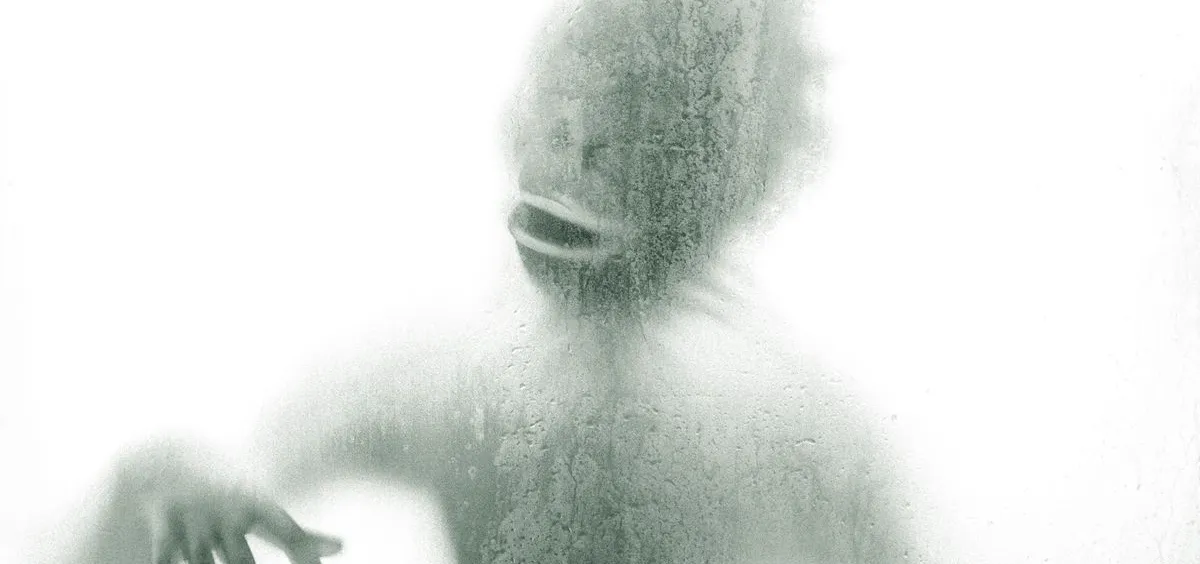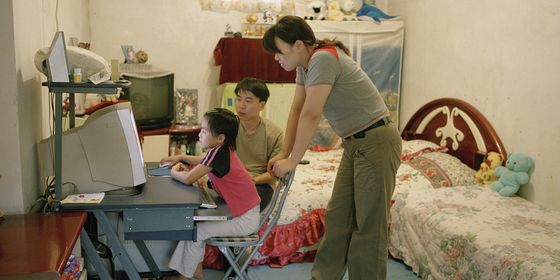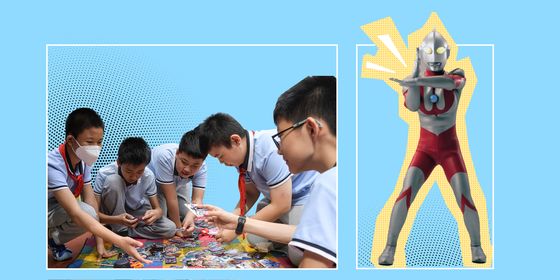The bogeymen and threats that Chinese parents use on children
Police officers in Ningbo, Zhejiang province are experiencing a deficit of trust from their public—all thanks overzealous parenting.
According to The Paper, a 4-year-old girl got lost around her village and asked adults around her for help. When a police officer came to her aid, though, she cried and shouted “Please don’t arrest me!” It later turned out that the girl is afraid of police officers because her parents often told her, “The police will arrest you if you don’t behave.”
Though it reads like an innocent childhood tale, the Yinzhou district police are not letting the incident drop. “It’s more dangerous for a kid to [seek help from] strangers instead of police officers,” an officer told The Paper. Though this particular incident had a happy ending, police warn parents that their parenting-by-intimidation tactics may lower children’s trust in law enforcement and cause them to refuse to seek help when in real need.
In 2015, 27 out of 107 parents surveyed by the Legal Daily admitted to have used police officers to scare kids into behaving, and over 50 of them found similar doings of tutors and baby-sitters. A parent surnamed Li told Guangxi News that terrorizing a naughty kid with the police works well—and in fact, it’s one in an arsenal of threats and bogeymen that Chinese parents call upon to discipline their kids.
According to netizens, mythical creatures are parents, teachers, and other senior or authorities’ favorite weapons against misbehavior, along with doctors, the homeless, wolves, and ghosts. Typical threats include getting shots, arrested, or taken away from the parents: For example, “If you don’t listen to me, I’ll take you to get a shot at the doctor,” or, “If you don’t behave, the homeless (or wolves or ghosts) will take you away.”

“[My kid] threw a tantrum wanting to go outside to play, and wouldn’t listen any of my reasoning, so I snapped and said, “The demons of the Hell King catches naughty kids!” [My kid] cried, held me tightly and stopped asking immediately” (sina.com)
Abandonment and losing the love of one’s parents are also a favorite theme: “If you do this, Mom will abandon you at the railway station,” or “If you don’t stop, Mom and Dad will love your brother (or sister or anyone else) more.”
Here are a few other examples:
My parents scared me like this when I was a kid: the police will take you away if you don’t eat your food
In my childhood, my parents often scared me with demons and wild men, and how they’ll take me away. I was scared every time, and since then I have been timid

When I was a kid, older relatives often told me the story of the Wolf Grandma [from Little Red Riding Hood]. I believed it and felt afraid whenever I saw my grandma












